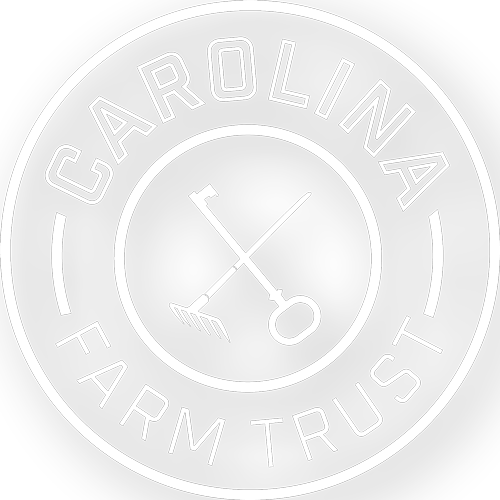When we walk into a grocery store, we’re often focused on what’s convenient, affordable, or familiar. What we don’t see is the invisible carbon cost riding alongside every out-of-season strawberry or pre-packaged meal—costs that accumulate with every truckload, plane shipment, and refrigerated mile.
It’s not just about the distance food travels. It’s about the entire system—from industrial-scale farming to cold-chain logistics—that’s fueling climate change.
The Real Emissions Behind Our Food
Globally, the food system is responsible for more than a third of all greenhouse gas emissions, according to the United Nations Food and Agriculture Organization. Within that figure, transportation and refrigeration are major contributors.
Refrigerated transport and storage account for approximately 15% of global food-related emissions, with diesel-powered trucks, energy-intensive warehouses, and transcontinental shipping routes playing a significant role. Many of these emissions come from maintaining the cold chain necessary to keep perishable goods safe, which requires vast amounts of electricity, most of which still comes from fossil fuels.
And the problem doesn’t end there. The longer the supply chain, the more likely food waste increases—either from spoilage during transit or overstocked shelves at the destination. Food waste contributes to 8–10% of global greenhouse gas emissions when it decomposes in landfills.
Food Miles Matter—But Context Is Key
The term “food miles” refers to the distance food travels from farm to fork. While it’s not the only factor in food-related emissions, it’s a significant one. For example, transporting fruits and vegetables by air emits 50 times more CO2 than doing so by sea. And many “fresh” products arrive by plane.
In the United States, it’s estimated that food travels, on average, 1,500 miles before reaching your plate. That means most of what you see at your neighborhood grocery store likely came from multiple states—or even countries—away.
That’s a lot of fuel. A lot of emissions. And a lot of missed opportunities to invest in local producers.
The Case for Local Food Systems
Local and regional food systems offer a climate-smart alternative. By reducing the distance food travels, we reduce emissions, preserve food freshness, and support economic resilience. But it’s not just about shortening supply chains. It’s about reshaping them entirely.
That’s where organizations like Carolina Farm Trust come in. Our mission is to rebuild regional food networks that are resilient, farmer-driven, and community-centered. Through efforts like the CFT Market and our network of urban and rural farms, we’re creating food pathways that are:
- Less reliant on long-haul transportation
- More energy efficient
- Less wasteful
- More equitable
When food is grown and distributed locally, we don’t need to refrigerate it for weeks. It doesn’t sit in a warehouse halfway across the country. It goes from soil to shelf—quickly, efficiently, and sustainably.
Investing in Infrastructure That Makes a Difference
CFT Market is one example of what localized infrastructure can look like. Our distribution hub in West Charlotte connects small farmers directly with wholesale buyers, consumers, and institutions—cutting out the middlemen and the miles.
It’s a working model of how cities can feed themselves while building climate resilience from the ground up.
When communities invest in regional supply chains, they also invest in their own climate futures. Fewer miles mean fewer emissions. Fewer emissions mean a healthier planet. And healthier systems mean stronger local economies.
Climate Justice Through Food Justice
The environmental impact of industrial food systems is disproportionately borne by frontline communities. These are often the same communities that lack access to fresh, affordable food. Food deserts and freight corridors tend to coexist—where long-haul trucks deliver distant food options, but never truly nourish the neighborhoods they pass through.
By focusing on local systems, we reduce both environmental and social harm. We create closed-loop systems where farmers, consumers, and the land all benefit from the food grown nearby.
It’s not just about fixing what’s broken. It’s about building what works—for people and the planet.
Take Action: Reform Starts with You
Every dollar you spend on locally sourced food is a vote for climate action. Every donation to Carolina Farm Trust helps us build the infrastructure that makes it possible.
Whether it’s investing in our cold storage facility, supporting our farm apprenticeship program, or expanding the reach of CFT Market, your support accelerates the shift toward a healthier, more sustainable food future.
Let’s move beyond grocery store convenience. Let’s choose food systems that honor people, the planet, and the power of local.


